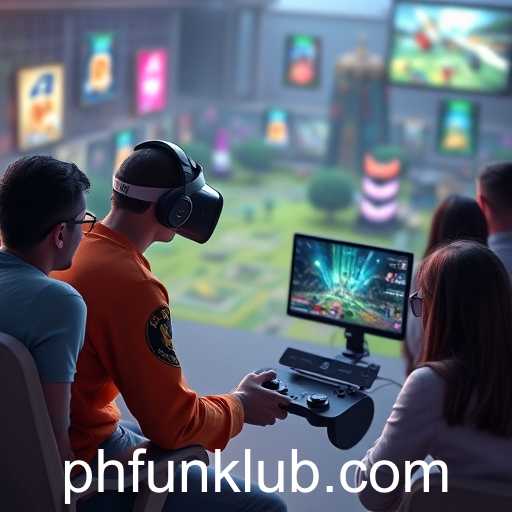In recent years, the online gaming industry has witnessed unprecedented growth, becoming a cornerstone of digital culture. The website "phfun" has emerged as a vibrant platform, attracting gamers worldwide. As we stand in 2025, the dynamics of such platforms underscore the transformative potential and societal impacts they carry.
"Phfun" offers a unique ecosystem where players not only engage in games but also partake in an expansive social experience. This dual role as both a game portal and a social network has fostered a community that thrives on interaction, creativity, and competition. The site has successfully tapped into the current zeitgeist, appealing largely to younger demographics that prioritize digital interaction.
The expansion of platforms like "phfun" aligns with broader trends in technology and communication. As digital devices become more ingrained in daily life, online gaming has evolved beyond mere entertainment. It serves as a social connector, providing users with tools to articulate personal identities and form communities based on shared interests.
However, this growth raises important questions about the role of such platforms in the lives of younger users. Concerns about screen time, data privacy, and online conduct remain at the forefront of discussions among educators, parents, and policymakers. It is crucial to strike a balance between leveraging these platforms for positive engagement and mitigating potential risks associated with excessive use.
In conclusion, "phfun" exemplifies the complexities and opportunities inherent in modern online gaming. As digital landscapes continue to evolve, the platform's influence on cultural and social paradigms is significant. Engaging with these platforms thoughtfully can unlock beneficial outcomes for individuals and communities alike, shaping the future of digital interaction.








